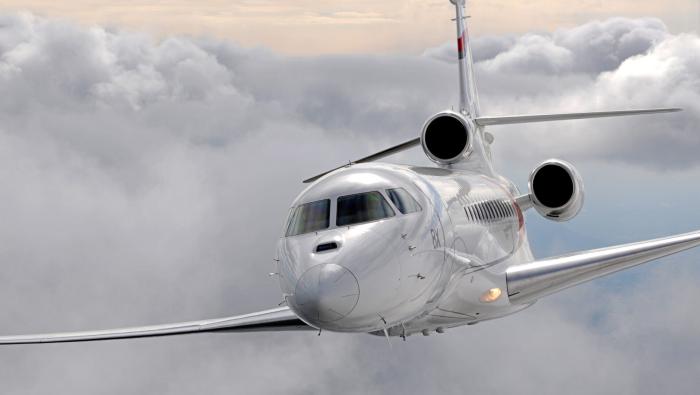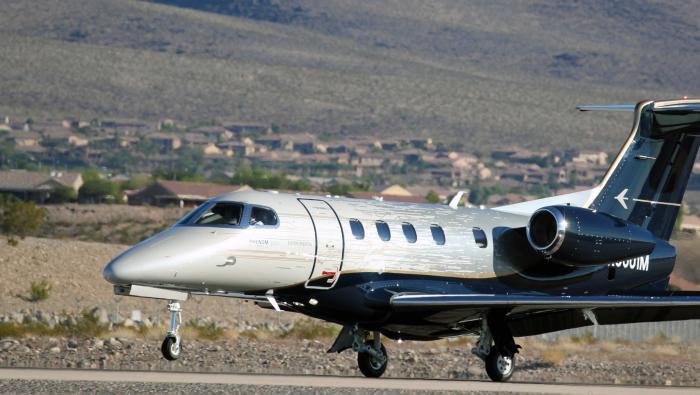Even as Hawker Beechcraft announced in March that Brazil has become the Wichita OEM’s leading market for its civil aircraft line, the company was continuing to do battle with rival Sierra Nevada and its Brazilian partner Embraer over a light air support (LAS) contract potentially valued at close to $1 billion. Now, a new chapter in the competition has opened.
The confrontation erupted last December when the Air Force awarded the LAS contract, initially valued at $335 million, to Sierra Nevada and Embraer. In doing so, it picked Embraer’s Super Tucano single-engine turboprop over the AT-6 from Hawker Beechcraft.
As of mid-March, it appeared Hawker Beechcraft’s claim that the bidding process was flawed was valid as the Air Force announced it would reopen the bidding. “The Air Force agreed to take corrective action and suspend the light air support contract awarded to Sierra Nevada Corporation because the Air Force senior acquisition executive, David Van Buren, was not satisfied with the quality of the documentation supporting the award decision,” said Air Force spokeswoman Jennifer Cassidy.
According to Air Force chief of staff Norton Schwartz, irregularities in the first bidding were “a profound disappointment.” He further pointed out that it is necessary to move quickly now to complete the new bidding before the funds expire.
Retired Air Force brigadier general Taco Gilbert, v-p of ISR business development at Sierra Nevada, said, “There are men and women from the United States and our allies engaged in combat operations [in Afghanistan] every day that have called for this [LAS] capability.”
For Hawker Beechcraft, the Air Force decision was at the least good news. “We commend the Air Force for this decision and we believe strongly it is the right thing for the Air Force, the taxpayers and the people of Hawker Beechcraft,” said chairman Bill Boisture. “We continue to believe the American-manufactured AT-6 is the right aircraft for this critical United States mission.”
Analysts See Uncertain Future
Teal Group v-p of analysis Richard Aboulafia was skeptical of the entire process. “Whoever wins can be enthusiastic only if they don’t read the newspapers and have no contact with the outside world,” he said.
“The Air Force doesn’t particularly want this airplane, and right now things don’t look good for a long-term relationship between the U.S. and Afghanistan, where the airplanes are meant to go,” concluded Aboulafia. “The short-term LAS decision has been immersed in politics while the long-term requirement for the airplane seems to be completely divorced from a global political reality.”
According to aviation analyst Brian Foley, it will be weeks, “maybe months,” before the process is revised and the request for bids goes out again, the bids are received and a decision is made.
But he also points out that even with the Air Force decision to revisit the contract, Hawker Beechcraft is not assured it will win in round two. And in its present condition he said, referring to the company’s ongoing financial struggles, “even if it wins, [the contract] won’t be the cash shot in the arm that it needs in the short term.”







